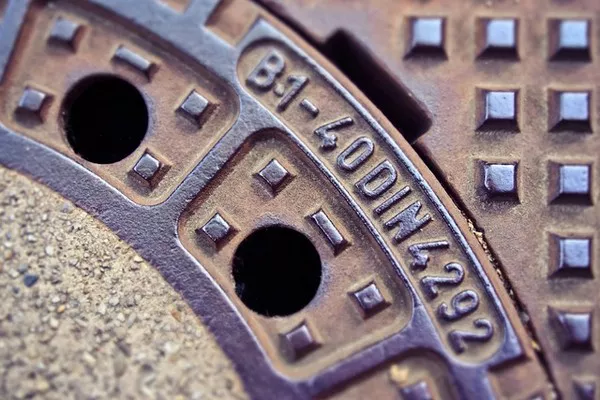Wastewater treatment plays a crucial role in maintaining environmental health by purifying water before it is released back into natural water bodies. While the benefits of wastewater treatment are undeniable, it is essential to acknowledge and address the disadvantages associated with this process. In this article, we will delve into the challenges and drawbacks of wastewater treatment, highlighting the complexities involved in striking a balance between environmental conservation and the potential negative impacts of treatment methods.
Energy Consumption
One significant disadvantage of wastewater treatment is the high energy consumption required for the various treatment processes. From pumping water to the treatment facility to the aeration and disinfection processes, the entire treatment cycle demands a substantial amount of energy. This reliance on energy sources, often derived from non-renewable fossil fuels, contributes to carbon emissions and environmental pollution, offsetting the environmental gains achieved through wastewater treatment.
To mitigate this drawback, there is a growing need for the development and implementation of energy-efficient technologies in wastewater treatment plants. Advancements in renewable energy sources and energy recovery systems are crucial to minimize the environmental footprint associated with energy-intensive treatment processes.
Generation of Sludge
Wastewater treatment generates a byproduct known as sludge, which consists of solid residues separated during the treatment process. This sludge, if not managed properly, can pose significant environmental challenges. The disposal and treatment of sludge require additional resources, and improper handling can lead to the release of harmful substances into the environment.
Commonly, sludge is treated and either incinerated, landfilled, or used for agricultural purposes. Each method has its own set of challenges – incineration releases pollutants into the air, landfilling poses a risk of groundwater contamination, and using sludge in agriculture may introduce contaminants into the soil. Striking a balance between effective sludge management and environmental protection is a continuous challenge in wastewater treatment.
Chemical Usage and Residue
Wastewater treatment often involves the use of various chemicals to facilitate the removal of pollutants. While these chemicals play a crucial role in the purification process, their usage raises concerns about the potential environmental impact. Chemical residues left in the treated water can have unintended consequences on aquatic ecosystems, affecting both flora and fauna.
The challenge lies in finding the right balance between using chemicals effectively for water treatment and minimizing their ecological footprint. Research into alternative, eco-friendly chemicals and innovative treatment methods is ongoing to address this concern and reduce the environmental impact associated with chemical usage in wastewater treatment.
Impact on Aquatic Ecosystems
Although the primary goal of wastewater treatment is to improve water quality, the treated effluent released into natural water bodies can still have adverse effects on aquatic ecosystems. The introduction of treated water may alter the temperature, nutrient levels, and overall composition of the receiving water body, leading to ecological imbalances.
Additionally, the residual chemicals in the treated water can have toxic effects on aquatic organisms, affecting their health and disrupting the delicate balance of the ecosystem. Striking a balance between effective treatment and minimizing ecological impact requires continuous monitoring and research to refine treatment methods and ensure the compatibility of treated water with natural ecosystems.
Infrastructure Costs and Maintenance
The construction, operation, and maintenance of wastewater treatment facilities involve significant financial investments. The need for constant upgrades and repairs to keep the infrastructure in optimal condition adds to the overall cost. Small municipalities and developing regions often struggle to allocate sufficient funds for the establishment and upkeep of wastewater treatment plants, leading to inadequate or outdated facilities.
The challenge is not only in the initial investment but also in the long-term commitment to maintaining and upgrading treatment infrastructure. Collaborative efforts between government bodies, private sectors, and international organizations are essential to address the financial challenges associated with wastewater treatment, ensuring that all communities have access to effective and sustainable treatment solutions.
See Also Is It Safe To Live Near Sewage Treatment Plant? A Comprehensive Analysis
Conclusion
While wastewater treatment is undeniably crucial for preserving water quality and safeguarding the environment, it is vital to recognize and address the disadvantages associated with the various treatment processes. From energy consumption and sludge generation to the impact on aquatic ecosystems and infrastructure costs, the challenges are multifaceted.
To overcome these drawbacks, ongoing research and innovation in wastewater treatment technologies are imperative. The development of sustainable, energy-efficient, and environmentally friendly treatment methods will play a pivotal role in minimizing the negative impacts associated with wastewater treatment. Striking a balance between the necessity of water purification and the need for sustainable practices is an ongoing challenge that requires collaboration, investment, and a commitment to environmental stewardship.

